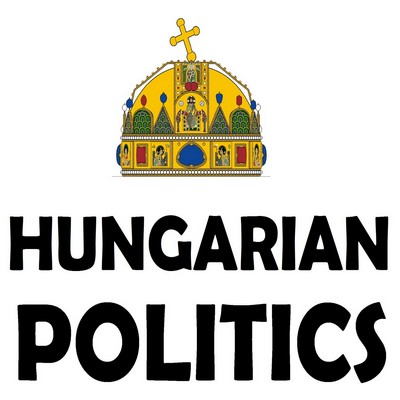“Freezing 6 Consumer Prices is Tacit Admission that Economy in Terrible Shape”, Says Márki-Zay
- 14 Jan 2022 10:55 AM
- HungarianPolitics.com

Every store will have to set the prices of these six products back to what they were on October 15 last year, said Orbán, and products under the policy will have to be offered for sale at these prices by February 1.
However, it was not clear from the Prime Minister’s announcement if the October 15 price he referred to would be the one that the store itself offered for the product on that date, or the official consumer price recorded by the Central Statistical Office for the product.
The Prime Minister also recalled that his government had previously decided to fix interest rates on floating-rate mortgages and put a price cap on regular gasoline and diesel fuel of 480 Ft. (US $1.55) per liter until mid-February.
The exact prices for each product and the length of time the policy will remain in effect will presumably not be known until the decree is published in the Official Gazette.
It is also not clear yet how the producer and retailer will split their losses, although it is conceivable that store owners will cover losses by raising prices on other products not under the new policy. So while the cost of pork legs and chicken breasts will decrease, the price of bacon and chicken legs, for example, could shoot up. And flour may get cheaper for household use, but this doesn’t mean that baked goods in pastry shop will as well.
“The last time Hungary saw fixed prices was in the Kádár era” - Agricultural economist György Raskó commented on Facebook that the last time Hungary saw fixed prices was in the Kádár era, under the socialist regime, adding: Everything was cheap then, but nothing was available. Orbán and his system are moving nicely, just not forward but backward, in the pursuit of times gone by."
Industry representatives would not comment to Népszava on the government’s new policy without having seen the details first, but Péter Márki-Zay, the united opposition’s nominee for prime minister (pictured), had no such qualms.
The opposition leader wrote on Facebook that the government’s new consumer price policy was a tacit admission that the Hungarian economy is in terrible shape.
Setting official prices is not responsible economic policy, wrote Márki-Zay, who added that if he is able to form a government after the April 3 elections, he will cap the VAT on staple food products at 5%.
Hungary has the highest value-added tax in the European Union at 27%, followed by Sweden, Denmark, and Croatia at 25%, then the Finns and Greeks at 24%.
All six parties in the United for Hungary coalition subsequently put out a statement similar to the one by Péter Márki-Zay, calling out the government for the lack of a responsible economic policy and promising to cut VAT instead of fixing prices once they form a government.
MTI Photo: Sándor Újváry



























LATEST NEWS IN current affairs